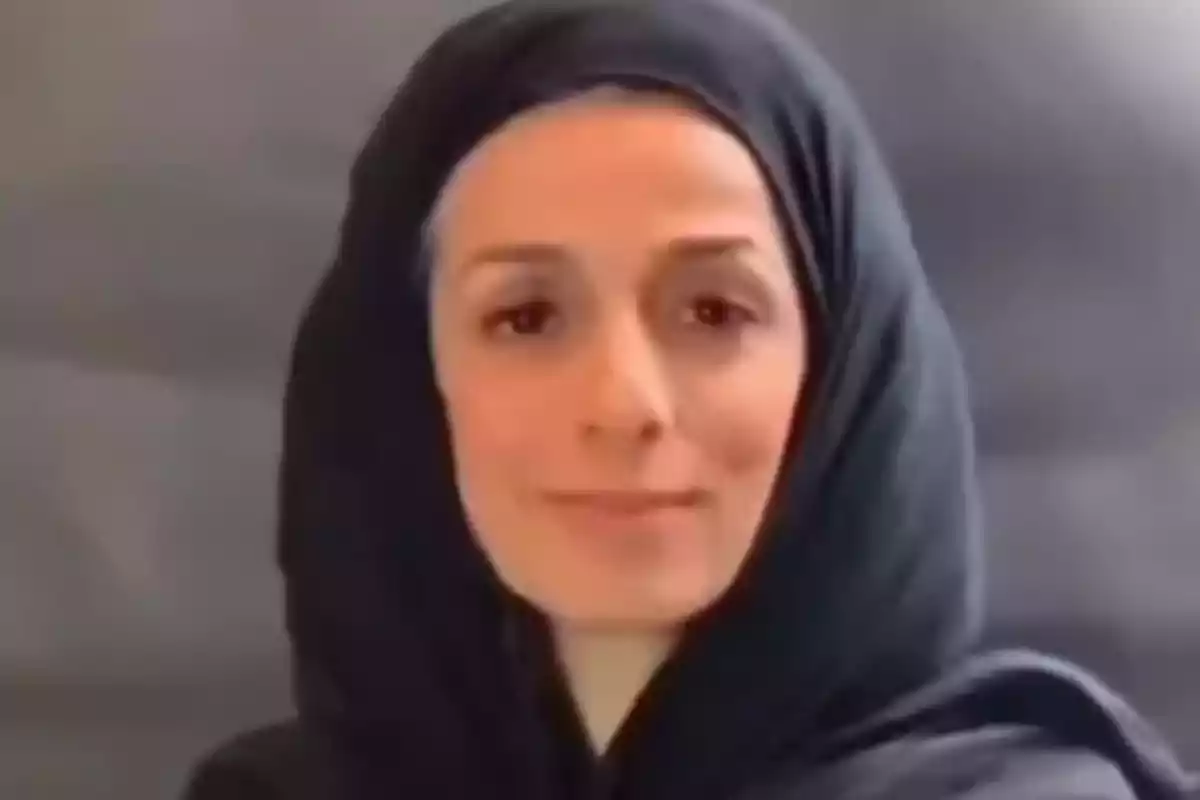
An Iranian woman took off her hijab and shared how women experience Islamic repression
In a viral video, a woman denounces Islamic repression and the forced silence of millions under Sharia
"This is my true self", says a Muslim woman as she removes her hijab in front of the camera, revealing her hair. Her one-minute video, posted on social media, went viral for its courage, rawness, and timing: it comes amid an escalation of tensions in the Middle East and during a renewed wave of censorship, violence, and control over women.

Originally from Iran, the protagonist sums up her story in piercing words: she was expelled from school, whipped, imprisoned, and beaten in the street by the morality police. "If I'm raped, it's my fault," she denounces bluntly.
Her face—uncovered and defiant—has become a symbol of silent resistance in a world that often confuses criticism with Islamophobia.
"It's not a phobia. It's rational fear," she states. Like millions of women under sharia law, she asks for something as basic as it is revolutionary: to be heard.
Mujer iraní se muestra sin hiyab.
What is Sharia
Sharia, also known as Islamic law, is a set of rules that govern the behaviors and daily life of Muslims. The term "sharia" literally means "the path of Islam" toward salvation, and it influences areas such as morality, politics, business, and especially family and public life.
Islamic law emerged in the 7th century with the rise of Islam under the leadership of the Prophet Muhammad and was consolidated after his death in 632 AD, spreading through different Muslim kingdoms. Sharia is based mainly on the sunna. This is a compilation of exemplary practices and teachings of Muhammad found in the hadiths, oral accounts of his sayings and actions.
Diversity in the application of sharia
The application of sharia varies considerably among Muslim-majority countries. While radical Islamist sectors demand strict and literal interpretations, most Muslims prefer moderate interpretations, limiting the application of sharia to family or property matters and rejecting extreme punishments such as stoning.
In Iran, they rigorously apply the penal system of sharia. This has been the case since the Islamic Revolution of 1979, which led to the founding of the Islamic Republic and the adoption of Islamic law as the basis of the legal system.
More posts: